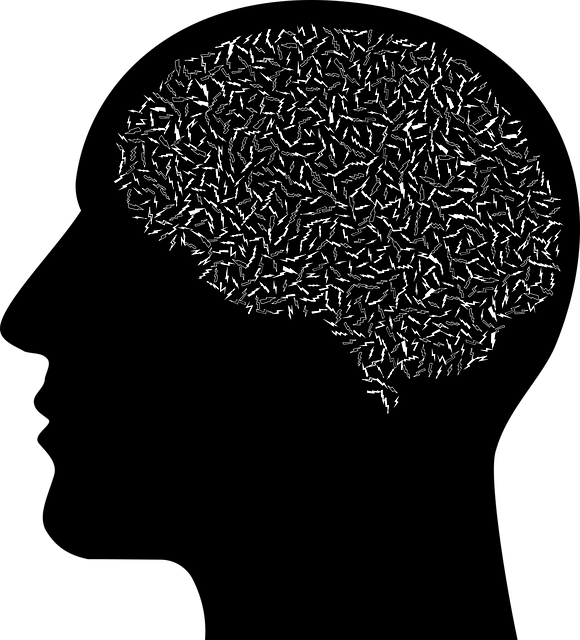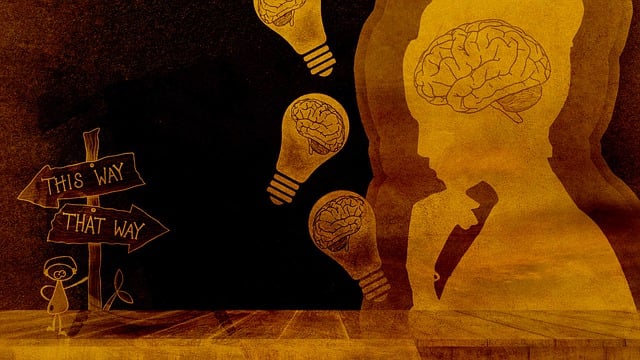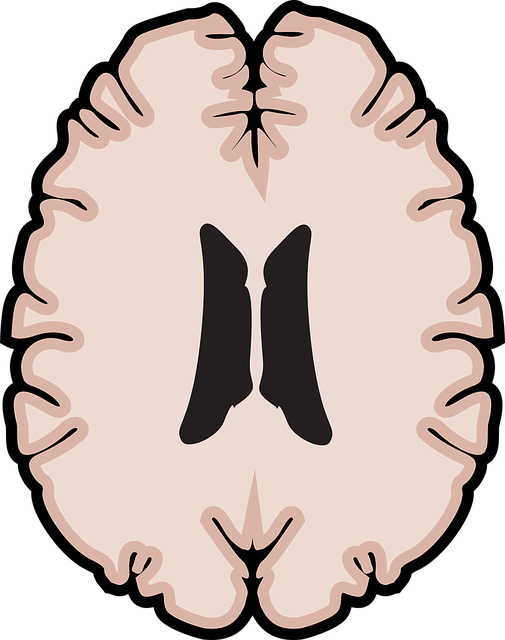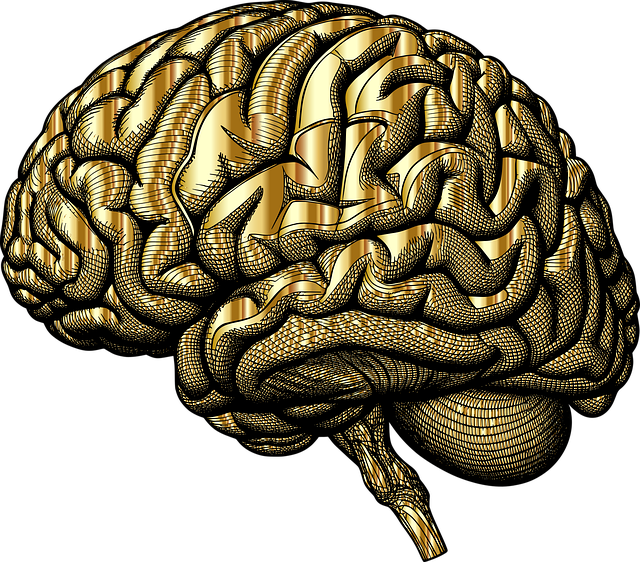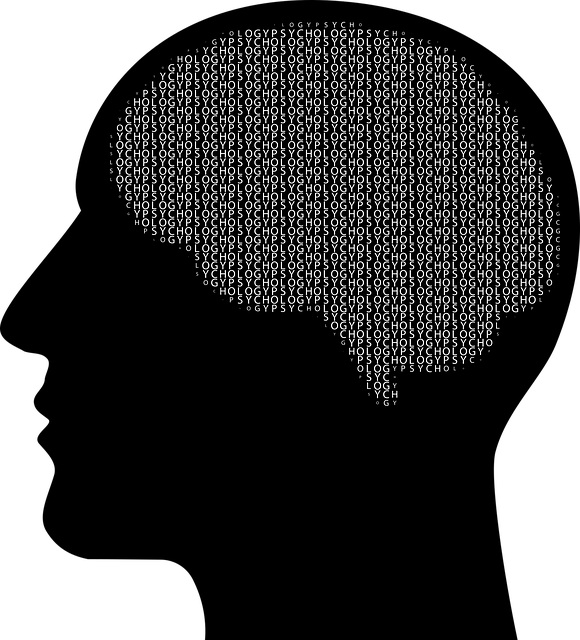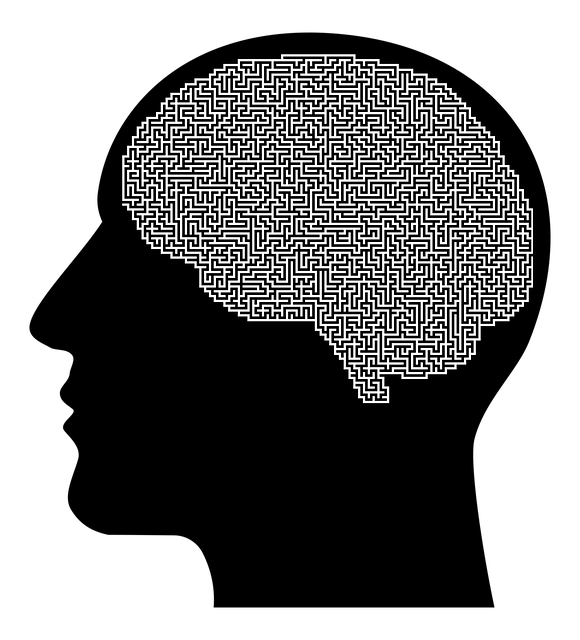Broomfield Bipolar Disorder Therapy offers comprehensive programs integrating evidence-based practices and cultural sensitivity to empower individuals managing bipolar disorder. Through social skills training, self-awareness exercises, mental wellness coaching, and education on self-care, participants gain tools for symptom management and improved quality of life. Tailoring programs to diverse backgrounds and incorporating Mind Over Matter principles fosters inclusivity and effectiveness, while community outreach, peer support, and stigma reduction campaigns enhance the holistic impact of Broomfield Bipolar Disorder Therapy.
Mental health education programs play a pivotal role in empowering individuals to navigate and manage their well-being. This article delves into the comprehensive design of such programs, focusing on a case study of Broomfield Bipolar Disorder Therapy. We explore essential components, from understanding mental health disorders, including bipolar disorder, to designing effective therapy interventions tailored for community needs. Implementation strategies ensure long-term success, fostering a supportive environment for those affected by bipolar disorder in Broomfield and beyond.
- Understanding Mental Health Disorders: A Comprehensive Overview
- The Role of Education in Bipolar Disorder Management
- Designing an Effective Therapy Program for Broomfield Community
- Implementation and Support Strategies for Long-Term Success
Understanding Mental Health Disorders: A Comprehensive Overview

Understanding Mental Health Disorders involves a comprehensive overview that goes beyond surface knowledge. It requires delving into the diverse spectrum of conditions, including bipolar disorder, which significantly impacts individuals’ daily lives and overall well-being. Broomfield Bipolar Disorder Therapy programs play a pivotal role in empowering people to manage their symptoms effectively. These therapies often incorporate evidence-based practices such as Social Skills Training, designed to enhance interpersonal interactions, and Self-Awareness Exercises, crucial for recognizing triggers and managing emotional responses.
Mental Wellness Coaching Programs Development is another essential aspect of this process. Coaches work collaboratively with clients to set achievable goals, provide support, and offer strategies for maintaining mental health. By integrating various therapeutic techniques, these programs foster resilience, self-acceptance, and coping mechanisms tailored to individual needs. Understanding the nuances of mental health disorders is not just informative; it’s transformative, paving the way for improved quality of life and enhanced social participation.
The Role of Education in Bipolar Disorder Management

Mental health education plays a pivotal role in managing bipolar disorder, offering individuals essential tools to navigate their mental health journey. Through structured programs, patients can gain a deeper understanding of their condition, empowering them to actively participate in their treatment. Education provides a platform for learning effective coping strategies, such as recognizing triggers and implementing mood stabilization techniques. This knowledge allows individuals to manage symptoms and prevent exacerbations, fostering a sense of autonomy.
In the context of Broomfield Bipolar Disorder Therapy, educational initiatives focus on promoting self-care routine development, which is integral to emotional healing processes. By learning about healthy habits, stress management, and sleep hygiene, patients can enhance their overall well-being. Moreover, these programs encourage the cultivation of inner strength, enabling individuals to build resilience and cope with life’s challenges. Such holistic approaches not only support symptom reduction but also contribute to long-term mental health stability.
Designing an Effective Therapy Program for Broomfield Community

In designing an effective therapy program for Broomfield’s diverse community, it is paramount to integrate both evidence-based practices and cultural sensitivity in mental healthcare. Broomfield Bipolar Disorder Therapy should be tailored to meet the unique needs of individuals from various ethnic, racial, and socio-economic backgrounds. Incorporating Mind Over Matter principles can empower participants by teaching them coping mechanisms and resilience strategies that are grounded in their personal experiences. Mental health education programs design should focus on fostering an inclusive environment where every participant feels seen, heard, and valued.
By combining these approaches, the therapy program can effectively address not just symptoms but also the underlying social and cultural factors that contribute to mental health challenges. This holistic strategy ensures that Broomfield’s community members receive comprehensive support tailored to their specific circumstances, enhancing the overall effectiveness of the program and promoting better mental well-being for all.
Implementation and Support Strategies for Long-Term Success

For long-term success in mental health education program design, implementation strategies must be robust and supportive. Establishing a Community Outreach Program can help extend the reach and impact of the initiative, ensuring that resources and knowledge are accessible to diverse communities. By integrating Mind Over Matter principles into the curriculum, participants can develop resilience and coping mechanisms tailored to their unique experiences, including conditions like Broomfield Bipolar Disorder Therapy.
Ongoing support is crucial after initial program delivery. Regular follow-up sessions, peer support groups, and access to mental health professionals can sustain momentum and foster a sense of community. Public Awareness Campaigns Development centered around breaking stigmas and promoting early intervention can further enhance the program’s effectiveness. These strategies collectively contribute to creating a sustainable ecosystem that prioritizes mental well-being and empowers individuals to lead fulfilling lives.
Mental health education programs, such as those designed for Broomfield Bipolar Disorder Therapy, are crucial in fostering community well-being. By understanding mental health disorders and implementing effective therapy strategies, we can significantly enhance the lives of individuals affected by conditions like bipolar disorder. The comprehensive approach outlined in this article, including education, management, and long-term support, serves as a roadmap for creating impactful programs that truly make a difference in people’s mental health journeys.

